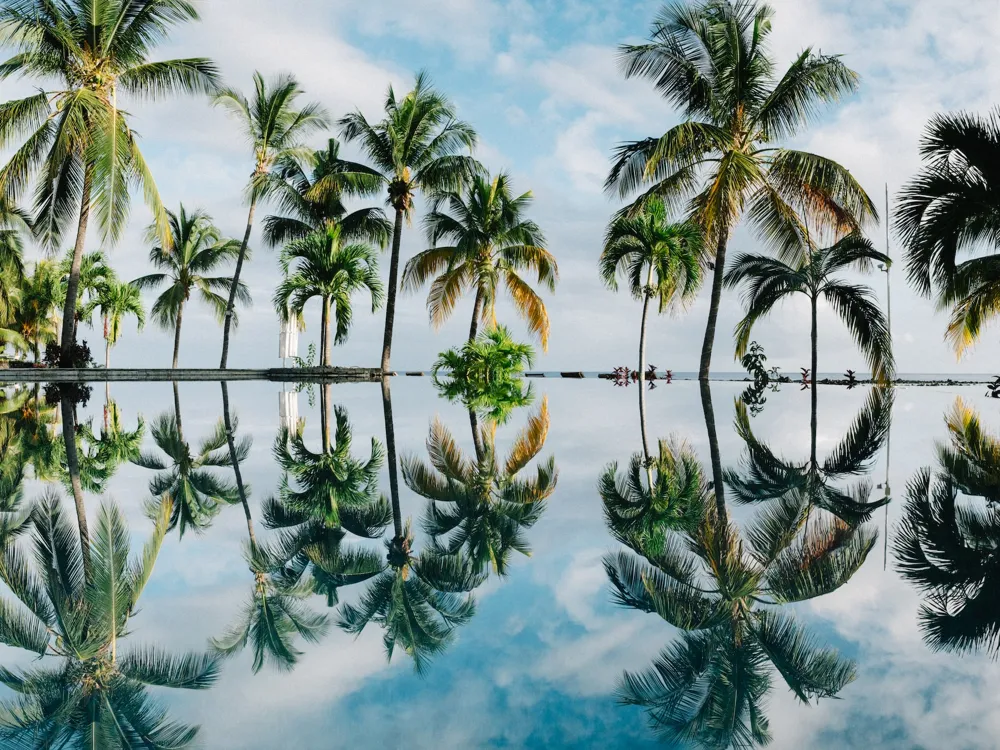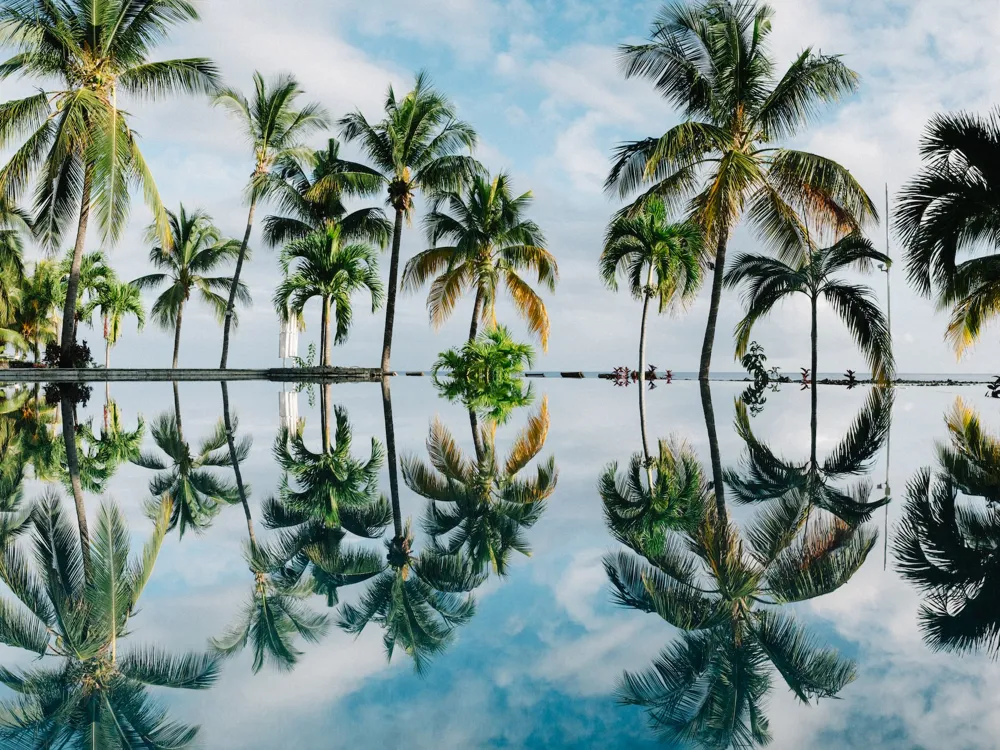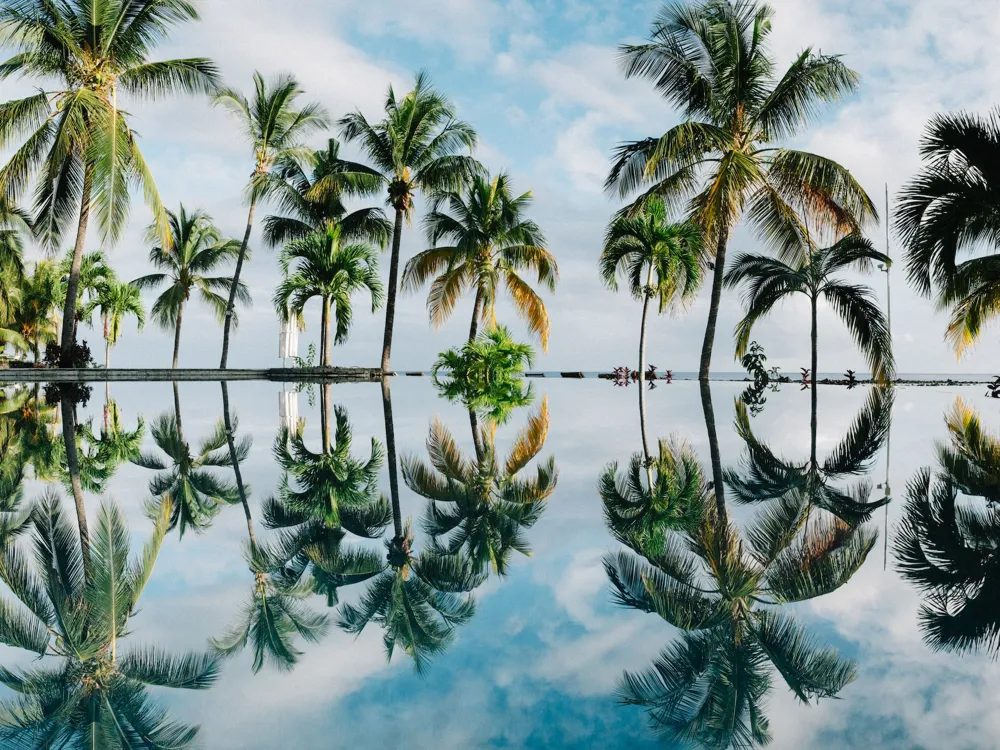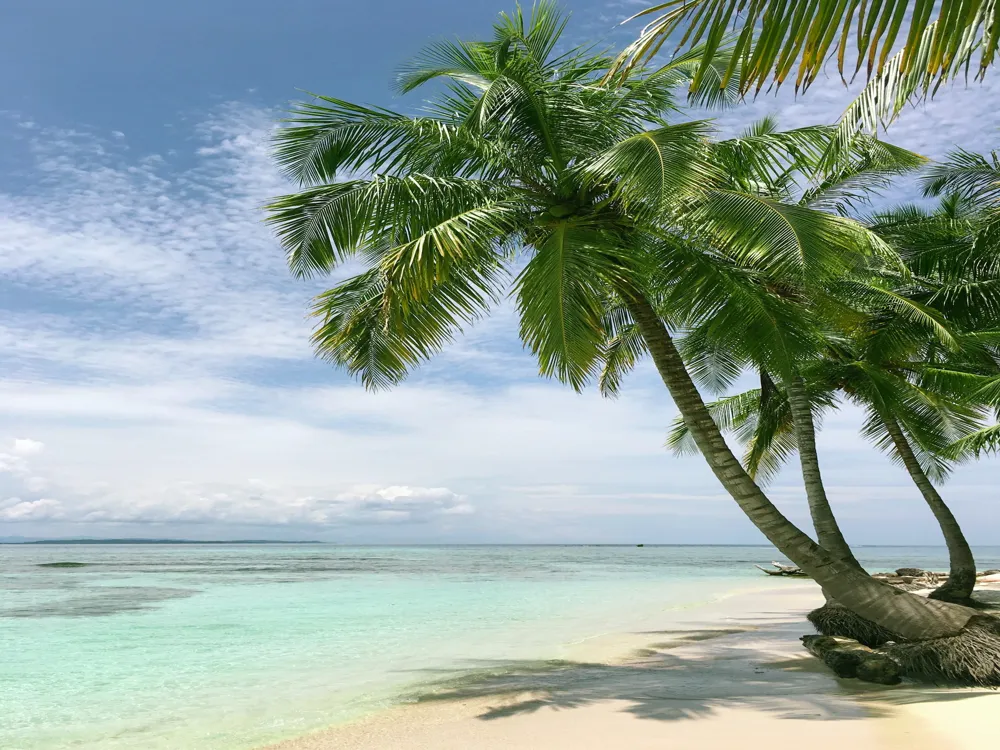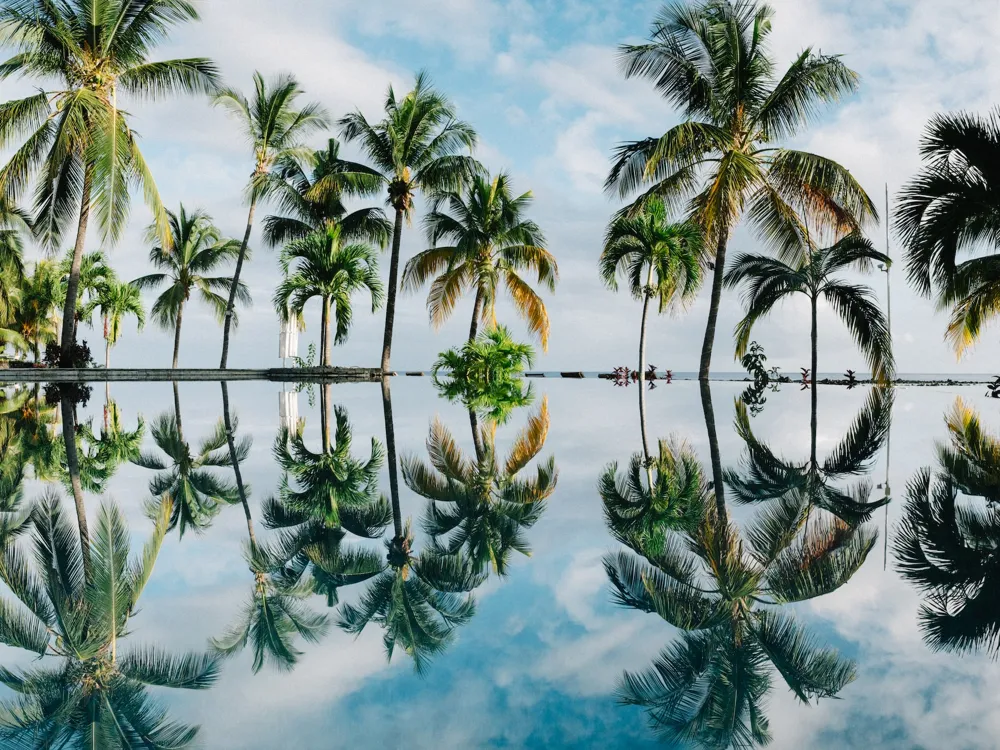The Carnegie Library of Central Plateau in Mauritius is a beacon of historical and cultural significance. Established in the early 20th century, it stands as a testament to the philanthropic legacy of Andrew Carnegie, who funded libraries across the world. Nestled in the heart of Mauritius, the library is not just a repository of books but a center of learning and community engagement. Its location in the Central Plateau region, known for its lush landscapes and rich cultural tapestry, makes it a unique landmark in Mauritius. The library's role has evolved over the years, adapting to the digital age while preserving its historical essence. It serves a diverse community, offering access to a vast collection of books, digital resources, and community programs. The library is a hub for educational activities, workshops, and cultural events, reflecting the vibrant and dynamic spirit of Mauritius. Its importance extends beyond being a mere library; it is a place where knowledge, culture, and community intersect. The architecture of the Carnegie Library is another aspect that draws visitors from all over. Blending colonial design with modern functionality, the building is both a historical monument and a contemporary public space. The library's facade and interior have been meticulously preserved and adapted, making it a model of sustainable historical preservation in Mauritius. The library's collection is diverse, catering to readers of all ages and interests. From classic literature to contemporary works, and from academic research to leisure reading, the library is a treasure trove for book lovers. It also plays a crucial role in education and research, providing resources and support to students, scholars, and lifelong learners. Visiting the Carnegie Library is not just about accessing books; it's about experiencing the fusion of history, culture, and community that is uniquely Mauritian. Whether you're a resident, a student, or a tourist, the library offers a serene and inspiring environment to learn, explore, and connect. The Carnegie Library in Mauritius is a remarkable example of early 20th-century architecture. Its design embodies a blend of colonial and modernist elements, a hallmark of Andrew Carnegie's libraries worldwide. The building's structure is characterized by its symmetrical layout, a common feature in colonial architecture, while the inclusion of modernist elements reflects the progressive ideals of the Carnegie philanthropies. Upon approaching the library, one is greeted by an elegant facade that captures the essence of its historical context. The use of local materials and construction techniques is evident, showcasing the skill and craftsmanship of Mauritian builders of the era. The facade is adorned with intricate detailing, including classic columns and ornamental stonework, which adds to its grandeur. Inside, the library maintains its historical charm while providing a functional space for visitors. High ceilings and large windows ensure a well-lit and airy atmosphere, conducive to reading and studying. The interiors are thoughtfully designed, with a careful balance between preserving historical features and incorporating modern amenities. Wooden bookshelves, period furniture, and historical artifacts are seamlessly integrated with modern technology, creating a harmonious blend of old and new. One of the standout features of the library's architecture is its adaptability. Over the years, the building has been refurbished and updated to meet contemporary needs while retaining its historical integrity. This adaptability is a testament to the foresight of its original designers and the commitment of the Mauritian community to preserve their heritage. The library's architecture is not just about aesthetics; it serves a functional purpose too. The layout and design facilitate easy access to books and resources, making it user-friendly for all visitors. The building's architecture also plays a crucial role in its sustainability, with features that promote natural ventilation and lighting, reducing the need for artificial climate control. In summary, the architecture of the Carnegie Library in Mauritius is a captivating blend of history, culture, and functionality. It stands as a symbol of the island's architectural heritage, and its preservation is a matter of pride for the local community. A visit to the library is not just a journey through its literary collections, but also an exploration of its architectural marvel. Before visiting the Carnegie Library, it's important to check the opening hours and any special events or closures. The library often hosts cultural events and exhibitions, which can affect access to certain areas. Additionally, understanding the library's layout and services beforehand can help you make the most of your visit. The library is not only a historical monument but also a functioning public space. Visitors are encouraged to respect the quiet and serene environment, which is conducive to reading and study. Maintaining decorum and following the library's rules and regulations will ensure a pleasant experience for all. Take time to appreciate the unique architecture of the library. Notice the blend of colonial and modernist elements, the intricate detailing, and how the building has been adapted over time. The architecture tells a story of the library's history and cultural significance. The library offers a wide range of resources beyond books. Explore its digital collections, archives, and multimedia materials. For researchers and students, the library staff can provide valuable assistance in locating and using specialized resources. The Carnegie Library often hosts events like workshops, lectures, and exhibitions. Participating in these events can enhance your experience and provide deeper insights into Mauritian culture and the library's role in the community. Reaching the Carnegie Library in Central Plateau, Mauritius, is convenient from various parts of the island. The library is accessible by public transport, including buses and taxis. For those driving, there is parking available nearby. It's advisable to use a GPS or a local map for precise directions. Additionally, many local hotels offer guided tours that include the library, providing an easy and informative way to visit. Read More:Overview of Carnegie Library of Central Plateau, Mauritius
Architecture of Carnegie Library
Tips When Visiting Carnegie Library
Know Before You Go
Respect the Space
Explore the Architecture
Utilize the Resources
Participate in Events
How To Reach Carnegie Library
Carnegie Library
Central Plateau
Mauritius
₹ 24,899 onwards
View mauritius Packages
Weather :
Tags : Landmark
Timings : Monday to Saturday – 9.00 AM to 5.00 PM
Sundays – Closed
Time Required : 1-2 hours
Planning a Trip? Ask Your Question
Mauritius Travel Packages
View All Packages For Mauritius
Top Hotel Collections for Mauritius

Private Pool

Luxury Hotels

5-Star Hotels

Pet Friendly
Top Hotels Near Mauritius
Other Top Ranking Places In Mauritius
View All Places To Visit In mauritius
View mauritius Packages
Weather :
Tags : Landmark
Timings : Monday to Saturday – 9.00 AM to 5.00 PM
Sundays – Closed
Time Required : 1-2 hours
Planning a Trip? Ask Your Question
Mauritius Travel Packages
View All Packages For Mauritius
Top Hotel Collections for Mauritius

Private Pool

Luxury Hotels

5-Star Hotels

Pet Friendly







